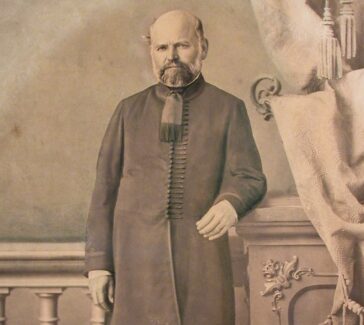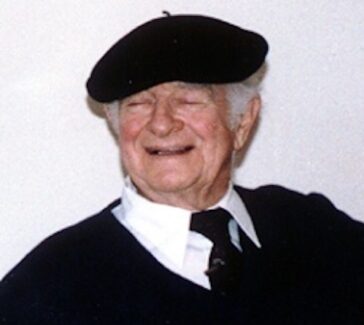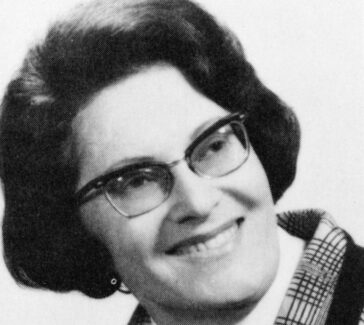Roald Hoffmann
In recognition of his theoretical work on the course of chemical reactions Hoffmann received the 1981 Nobel Prize in Chemistry.
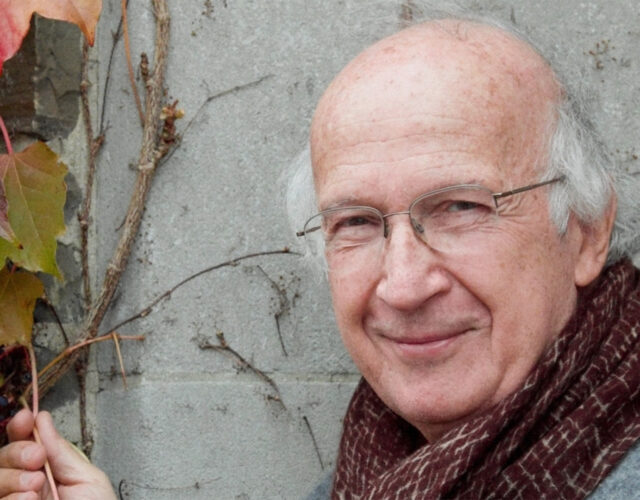
Roald Hoffmann, a Nobel laureate, poet, and playwright, is a tireless advocate of the wonders of science and the beauty of chemistry. Hoffmann successfully shares his understanding of science with the public at large through literature, educational television, and even the stage.
LEARN MORE
Biography is one way of learning about a person. Oral history is another. Spend a few minutes listening to Roald Hoffmann’s interview archived by the Science History Institute’s Center for Oral History. What do you hear? Has the recording picked up background noises, interesting accents, nervous laughter, or meaningful pauses? What might these tell you about the interview context, who is speaking, or how the speakers feel about the memories being discussed? What do think you can learn about Hoffmann from his oral history that is different from the content of this biography?
Applied Theoretical Chemistry
Hoffmann (b. 1937) was born in Złoczów, Poland, which is now Zolochiv, Lviv Oblast, Ukraine. As a small child he survived the Holocaust by hiding for 18 months with family members in the attic and storeroom of a local schoolhouse. He came to the United States in 1949, studied chemistry at Columbia University, and earned his doctoral degree from Harvard University in 1962.
Three years later he went to Cornell University, where he eventually became the Frank H. T. Rhodes Professor of Humane Letters. Hoffmann likes to characterize his contribution to chemistry as “applied theoretical chemistry,” his own blend of computations stimulated by experiment and coupled to the construction of generalized models, or frameworks for understanding.
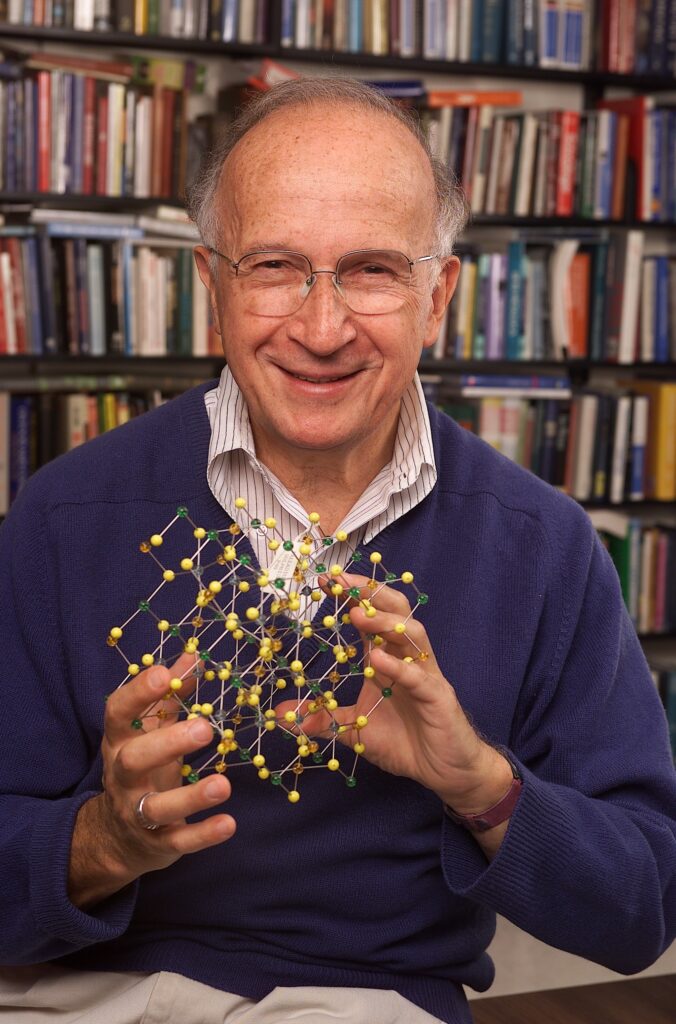
Woodward-Hoffmann Rules
Hoffmann is also well known for his role in the creation of the Woodward-Hoffmann rules. When Robert Burns Woodward synthesized vitamin B12, a key reaction in the multistep synthesis proceeded in a way not predicted by Woodward. This totally unanticipated result and several other previously inexplicable reactions ultimately led to the formulation of the Woodward-Hoffmann rules. These rules permit chemists to predict, for example, the products that form when two compounds are activated by heat compared with the distinct products that form when the same two compounds are activated by light.
For his contribution to this work Hoffmann received the 1981 Nobel Prize in Chemistry (shared with Kenichi Fukui, a chemist working in Japan, who developed a different way of analyzing chemical interactions that could explain the same chemical changes). Woodward’s death before the prize was awarded prevented him from being named as one of the recipients.
Publications
Hoffmann’s publications include two well-known collections of poetry, The Metamict State and Gaps and Verges. His Chemistry Imagined, a unique collaboration with artist Vivian Torrence, reveals the creative and humanistic sparks of molecular science.
The Same and Not the Same, a thoughtful and award-winning account of chemistry’s dualities, has been translated into five languages; and Old Wine, New Flasks: Reflections on Science and Jewish Tradition, cowritten with Shira Leibowitz Schmidt, intertwines science and religion. Oxygen, a play written by Hoffmann and Carl Djerassi, premiered in the United States at the San Diego Repertory Theatre in 2001 and has since been produced at many theaters around the world. Hoffmann is also the presenter of a television course, The World of Chemistry, that has aired on PBS and on stations worldwide.
Recognition
Hoffmann received the Nobel Prize in Chemistry in 1981 for his theories concerning the course of chemical reactions. He has also received the National Medal of Science and several awards from the American Chemical Society, including the Priestley Medal, the Arthur C. Cope Award in Organic Chemistry, and the Award in Inorganic Chemistry. He holds more than 25 honorary degrees.
In 2006 he was awarded the American Institute of Chemists Gold Medal, and in 2019 delivered the Ullyot Public Affairs Lecture. Hoffmann is a member of the National Academy of Sciences, the American Academy of Arts and Sciences, the American Philosophical Society, and several foreign academies. He has published more than 450 scientific articles.
Roald Hoffmann shares how Tang Ao-Qing (1915–2008) and Lu Jiaxi (1915–2001) built Chinese physical and theoretical chemistry after completing their critical training in the United States. Hoffmann reflects on his own experiences as an immigrant to America and how he came to know these remarkable chemists.
Diversity as a concept has many meanings. In this lecture Roald Hoffmann examines the many aspects of diversity in chemistry, biology, and the social sciences. He explores the value of diversity on both philosophical and social grounds, and what diversity means to our society.

